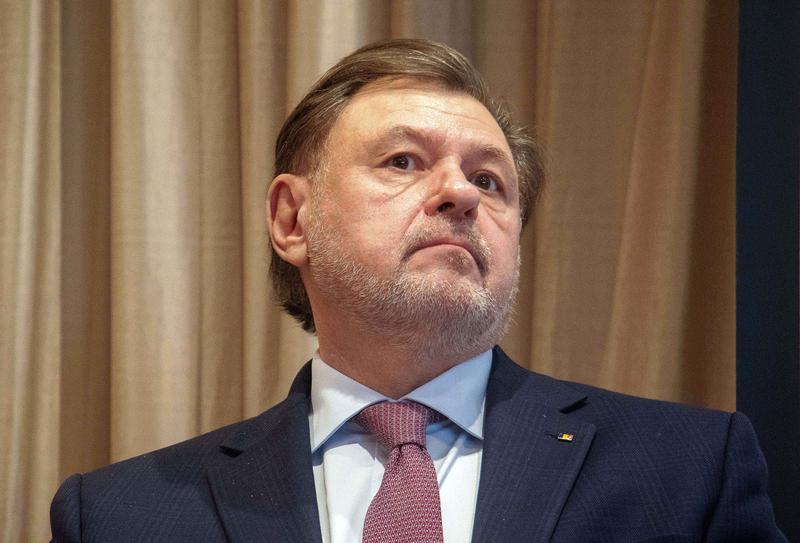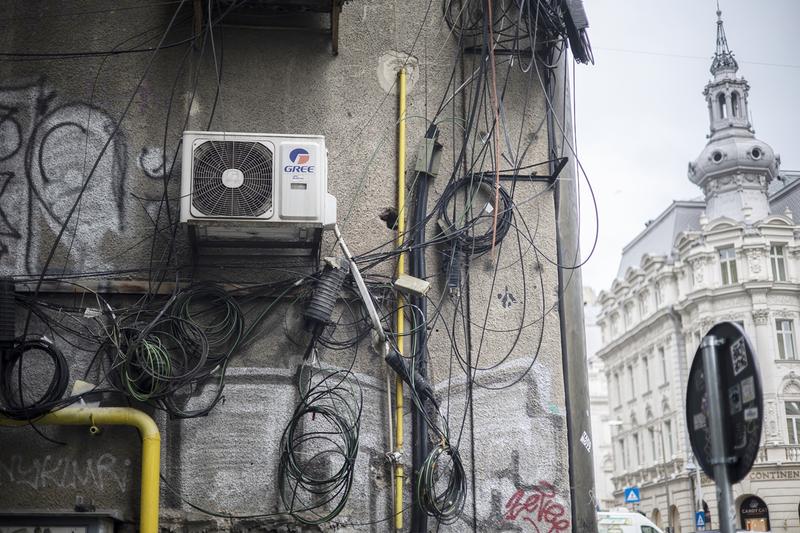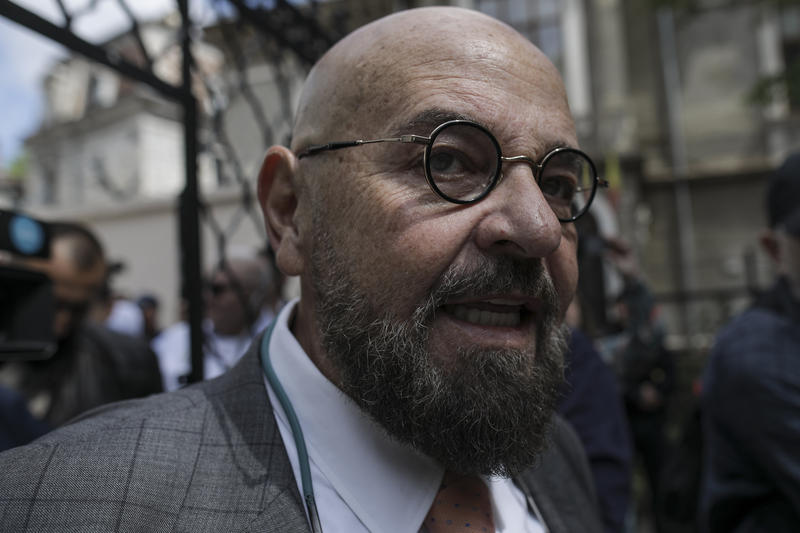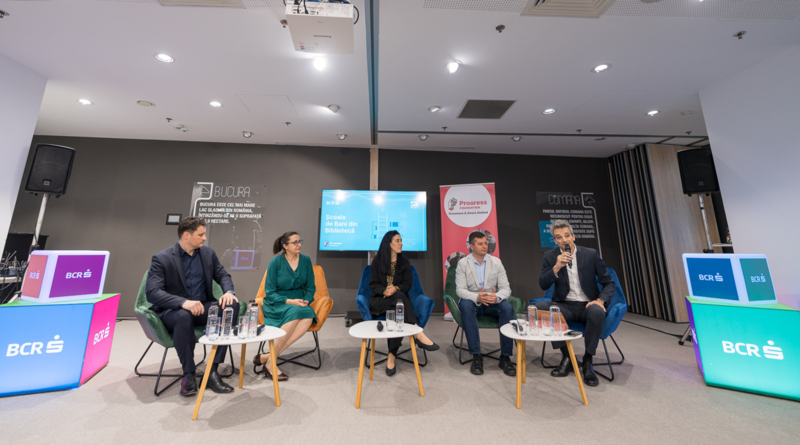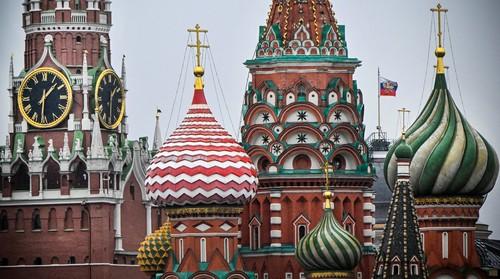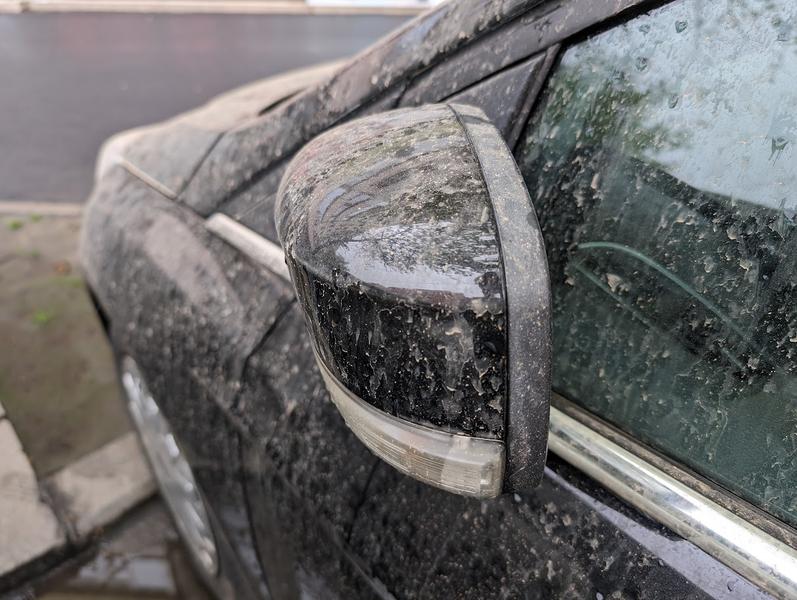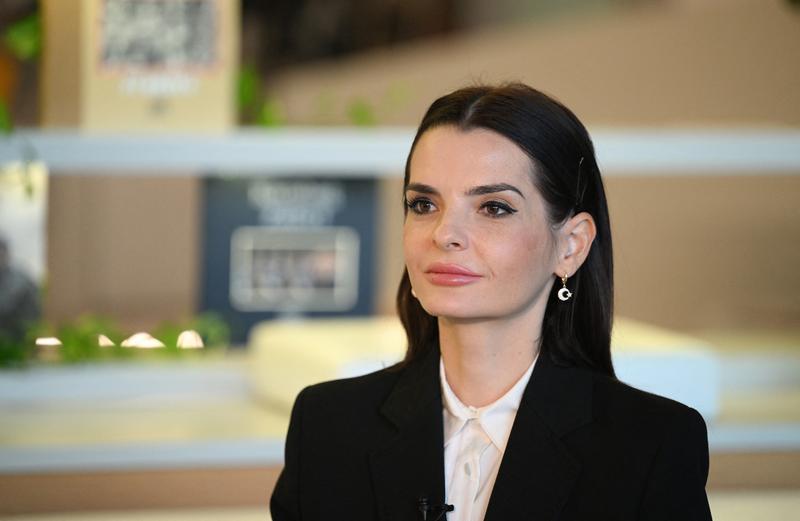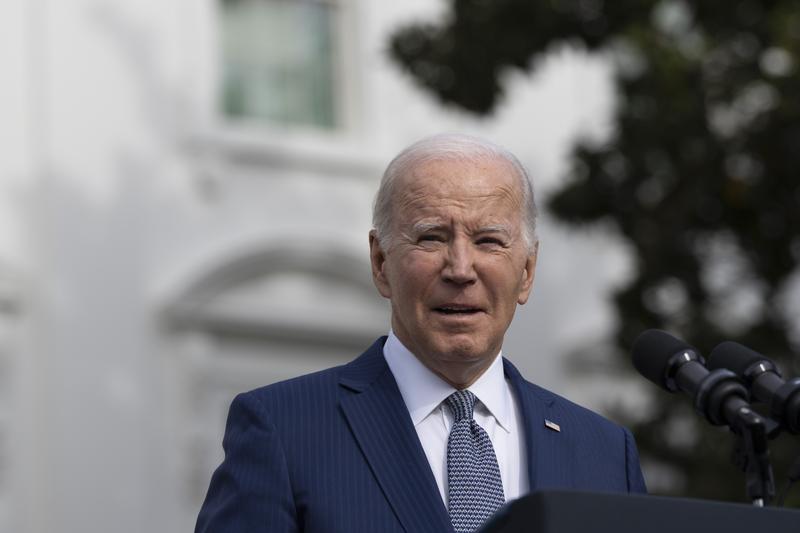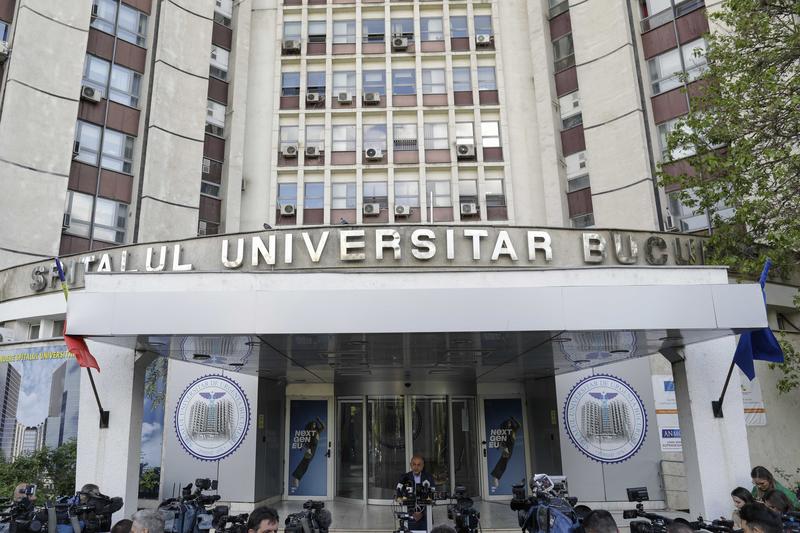Romania braces for presidential elections this weekend at the end of one of the most lackluster campaigns in recent memory, despite the major significance of this vote. Three challengers are facing favorite Klaus Iohannis, the incumbent head of state, in a poll where the most significant electoral event was the temporal disappearance of a minor candidate who was later found at a monastery. The first round of elections is due to be followed by a second round two weeks later.
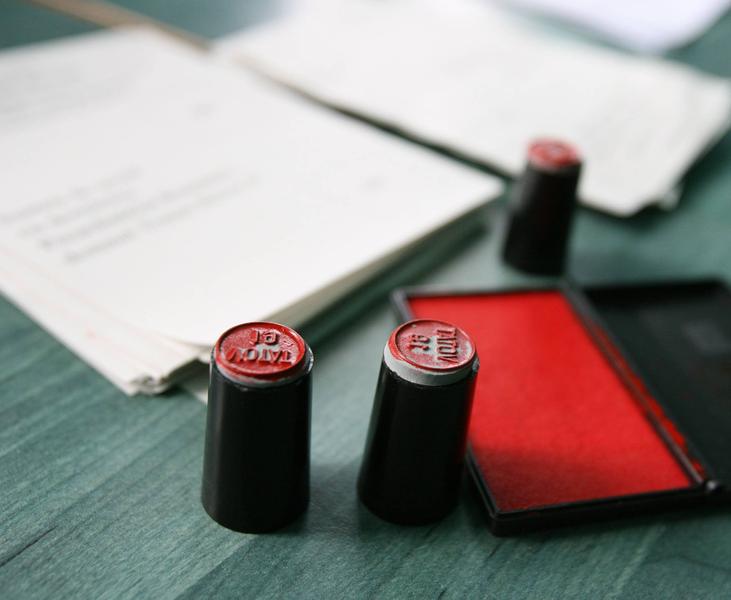
- With voting at home expected on Sunday, the polls were already opened for Romanians across the world on Friday. The Diaspora has three days available to cast their vote in an attempt to prevent major irregularities which have marred previous elections.
The presidential elections have been depicted as a key electoral event aimed at putting an official end to the era of Social Democratic (PSD) rule. The PSD won the 2016 general elections and led Romania until this week. For the past three years, it - under former party leader and the de facto ruler Liviu Dragnea, who was eventually convicted for corruption earlier this year - the PSD has focused its policies on threatening the rule of law, stifling the fight against corruption and place the judiciary under political control.
President Iohannis, a Liberal, has presented himself as the key political pillar of resistance to the PSD rule. Now, he is a favorite to win a second term in office, with more than 40% in opinion polls.
But he has been harshly criticised of undemocratic behaviour for fully refusing any debate and confrontation with his challengers in the media, throughout the campaign.
Iohannis, an ethnic German former mayor of Sibiu city, won the presidency by defeating former PSD leader and prime minister Victor Ponta in 2014, with the key support of voters in the diaspora.
He has been seen as a rigid politician with little charisma and often appearing out of step with the political events back home, oftentimes having late reactions to serious government decisions.
But he has placed himself clearly on the side of the hundreds of thousands of Romanians who for the past several years have protested against PSD moves on Justice affairs. And he promoted an Atlantic agenda on foreign affairs, where the highlights were two meetings he has had with President Trump.
His challengers are:
- Viorica Dancila - the PSD leader who served as PM until her government was dismissed in a censure motion last month. A former MEP known for her many speaking gaffes, she was picked as PM by former PSD leader Dragnea in early 2018, after Dragnea's previous choices failed to comply fully with his interests on Justice affairs. Dragnea, who could not hold the PM office due to a previous suspended conviction for electoral fraud, had to rule through intermediaries, whom he pressed into removing legal provisions threatening his freedom in the face of corruption trials. Dancila also resisted part of Dragnea's pressure and eventually took over the leadership of the party when he was convicted for corruption earlier this year.
- Dan Barna - the leader of the opposition Save Romania Union (USR), a more recent political movement built on the discontent of large swathes of the population with the traditional political parties. The target of a key investigative report published during the campaign, raising questions about his previous activity as an European funds expert, he has failed to properly impose as the main spearhead in the fight against the PSD. He is running with the hope of reaching the second round on the back of people's wish not to see the PSD candidate in the second round.
- Mircea Diaconu - a former actor and former MEP who has been groomed politically by an influential TV news channel owned by a businessman and former politician long linked to PSD and its splinter movements. Recent polls have risen eyebrows by placing Diaconu second to Iohannis in voters' support.
The elections take place shortly after the PSD was removed from government, with a new, Liberal government now installed.
In these circumstances, there has been little to no debate. The only media confrontation to bring several candidates to face each other before the people only took place on Thursday evening, days before the elections. And it was not even attended by either Iohannis - who was quoted as saying he did not want to give interviews or join debates - or Viorica Dancila, who was quoted as saying she would only debate Iohannis.
The only major event to mark the electoral campaign was the disappearance this week of a candidate - Ninel Peia, one of the longtail candidates with no relevant electoral support. He went missing from his hotel in the city of Cluj, only to be found more than a day later at the world famous Putna Monastery, several hundred kilometers away, where he went "to prey".
